- Home
- Explore
- Kids
-
St. Marks ABQ
- Beatitudes
- Catechesis
- Ministry Training
- Devotions
- Advent O Antiphons
- Advent Prayers
- Advent Stories
- Winter Saints
- Advent Creation Waits
- 40 Bible Stories
- Acts
- Summer Stories
- Parent Group
- SMMS Chapel News
- Chapel Time
- Song of the Month
- Contemplation and Chant
- Icon Visits
- Holy Week >
- Liturgy Class
- Reflections
- Blog
- draft
|
The practice of “Getting Ready” is an important component of Godly Play. When they were sojourning in the desert with the Ark of the Covenant, the People of God needed a variety of tools and practices to help them get ready to come close to the Ark. Likewise, we need a variety of tools and practices to help us get ready to come close to God and one another–in the Godly Play Circle, in worship, and in everyday life.
A few years ago, when I first read Resmaa Menakem’s book, “My Grandmother’s Hands: Racialized Trauma and the Pathway to Mending Our Hearts and Bodies” with a group of colleagues from Music that Makes Community began to wonder how I might use the process of “getting ready” for our weekly chapel with St. Mark’s Montessori preschool students as an opportunity to help children experience and internalize some basic tools for regulating their own nervous systems in ways that might serve them and the world beyond chapel. Menakem suggests that discovering and utilizing somatic practices to soothe our own nervous systems and connect with others in mutually soothing and nurturing ways is one important thing that white-bodied people can do to interrupt the cycle of racialized violence against black-bodied people. In this way, our intentional practices of “getting ready” might actually be part of our larger anti-racist commitments and practices. I began experimenting with integrating some body and breath practices Manekem recommends in his book (See My Grandmother’s Hands, pp. 137-147, 155-159, 173-174, 184-186, 191-193.) into my weekly chapel sessions. For example, breathing, humming, rocking, singing together may help calm our nervous systems and co-regulate our nervous systems with others. Stretching our bodies and allowing our focus to move above, below, and especially behind us may help activate the vagus nerve and help establish a sense of safety and orientation to our physical environment. In addition to equipping people of all ages with strategies for self-soothing as a necessary component for healing racialized trauma and creating more safe and just communities, I suspect that a robust repertoire of intentional, embodied practices for “getting ready” may also serve to make our Godly Play circles, churches, and communities more hospitable and supportive for many neuro-diverse individuals and people who have experienced trauma, as well as most neuro-typical individuals. I believe practices of getting ready are essential to prepare people of all ages for both action and contemplation, and to equip us to live into the fullness of our created potential as God’s people of faith, love, peace, and justice in this world. I hope you’ll join me in experimenting, expanding and integrating new practices of “getting ready” into our collective toolbox for Godly Play and for daily life. Below is a video in which I lead some of my favorite “Getting Ready” practices, as well as a sample script. Feel free to use and adapt these in whatever ways best serve your context and communities. And join me in continuing to wonder…. I wonder what part you liked the best? I wonder what part was the most important? I wonder what part was especially for you? I wonder what we could leave out and still have everything we need? I wonder what is missing? I wonder what else we might need to include in order to have everything we need? Link to Video: Getting Ready with Mother Sylvia (~15 minutes) Mother Sylvia's "Getting Ready" Rituals (Sample Script)
We come together so that God can fill us up with the gift of peace from the top of our heads to the tips of our toes…and so that we can share that peace with one another and with the whole world. God’s gift of peace is always available, but we have to be ready to receive it.
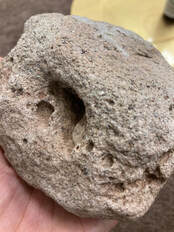
Rocks (Recalling & Sharing the Hard & Heavy Things)
The Rocks can help us get ready… Jesus says, “Come to me all you who are weary from carry heavy burdens, and I will give you rest.” This rock reminds us that all of us have things in life that are hard, or rough, or heavy sometimes….” (Pass a rock around the circle and invite children to share a “hard thing” from their week, if they wish) 
Water (Recalling & Sharing the Blessings & Joys)
The Water can help us get ready… Jesus says, “I am the living water, let anyone who is thirsty come and take the water of life as a free gift.” The water reminds us that God’s love and life and goodness and blessings flow over and under and around and between and sometimes right out of the hard and rough places in life… (Pass the pitcher of water around the circle and invite children to share a “blessing” from their week if they wish. Once everyone has shared, invite children to touch the water and make the sign of the cross.) 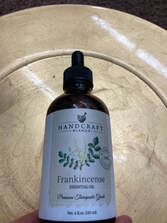
Oils (Fragrance, Engaging the Sense of Smell)
The fragrant oils can help us get ready… We can put a drop on our hands (or inside our masks) and take some nice deep breaths. (Offer to place a drop of oil in the palm of the hand (or inside the mask) of each child.) These fragrant oils remind us of the cloud of sweet smelling incense that the people walked through in the desert, whenever they wanted to get ready to come close to God. The oil also reminds us of the precious gifts of frankincense and myrrh that the Magi brought to the baby Jesus, and the sacred oils that anointed the kings, and priests, and prophets of old, and the holy oils, or “chrism” that anoint us in Baptism. 
Song (Engaging breath, body, sound, vibration)
“O sing to the Lord a new song; sing to the Lord, all the earth. “(Psalm 96:1) Singing together can help us get ready…Let’s sing together… (Lead a good “settling” song: Shalom My Friends, Be Still and Know, Open my Heart, etc. You can find a list of good "settling" songs on this Godly Play Songs & Stories Resource Spreadsheet. See Sheet 2: Songs by Function/Theme.) 
Body & Breath
Now let’s gather the peace we’ve created by singing… Reach up high overhead and gather some of the Peace from the Heavens, rub it together between your hands, bring your hands to your head–feel the warm peace fill your thoughts and your mind. Reach out to gather the Peace from in front of you, and reach around to gather Peace from behind you, rub it together between your hands and bring your hands to your heart–feel the warm peace fill up your heart. Reach down to gather Peace from the Earth, and Peace from each side, rub it together between your hands, then rub that peace into your belly and your back, your head and your face, your arms, and your legs. Feel the warm peace filling up every part of your body. Take a deep breath and breathe in Peace. Then breathe out Peace as slowly as you can, letting Peace fill the whole room. 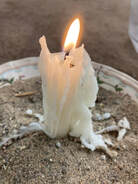
Light
(Chanting:) In the beginning, when God created the Heavens and the Earth The earth was a formless void, and darkness covered the face of the deep And the Spirit of God hovered over the face of the Water Then God said “Let there be Light” (Strike a match) And God saw that the light was good. The light shines in the darkness And the darkness will not overcome it. (Light a candle) The light can help us get ready… And now, I think, we are almost ready for our story… (In a Godly Play Circle, go and get the story in silence, or possibly humming the “song of the day” and return to the circle. You can find a list of potential songs to pair with certain stories on this Godly Play Songs & Stories Resource Spreadsheet. See Sheet 1: Songs with stories) 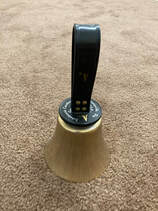
Bell
There’s one last thing that can help get our ears and hearts ready to listen for God. The sound of the bell invites us to get as quiet and still as we possibly can, so we can follow the sound of the bell as it rings all the way into the silence…we can follow the sound of the bell as it carries us down, down into the deepest depths of our hearts, or ride the sound of the bell like a wave that carries us out, out into the vast ocean of peace. Ring the bell. Follow the sound as long as you can, then begin the story (or other discussion, meeting, session, training, activity, etc.)
0 Comments
In the Spring of the year of our Lord 2020, a great sickness swept over the whole earth. In order to slow the spread of the disease, known by many as the corona virus, the people of God were ordered to stay in their homes. The people of God continued to gather on their computers and phones, to pray and worship together from home, but it was not the same. The Children’s Cross and Candles grew lonely and sad, sitting alone at the back of the empty church. They wanted to do the jobs for which they were created! They wanted to lead God’s people into worship! They wanted to help God’s people pray! One day, the priest had an idea. “Cross and candles”, the priest said, “the time has come for you to undertake a journey. If the children of God cannot come to church, you must go to them. During this time, you must make your home with them, and you must help them make their homes the church! And they, in turn, must help you do the work for which you were created! The children of God will help you lead the People of God into worship, wherever they are!” And so the Children’s Cross and candles began their journey. Each week, the Children’s Cross and candles traveled to the home of a different family from St. Mark’s Church. Throughout the week the children cared for the cross and candles, including them in their games and their prayers, so that the Cross and the candles were not forgotten. Then, on Sunday morning, the children carried the cross and the candles in procession (around their house, or their driveway, or yard) as all the people of God--in their homes throughout the city and across the world--joined together in singing the same song of praise to God. When the Sunday service was over, the Cross and candles continued their journey...making their way to another house, to share the home of another family for the coming week. In the weeks to come, you can visit this link follow the journey of the Cross and the Candles….and remember that in times of great sickness and in times of health alike, God’s home is with you, wherever you are! The Journey of St. Mark's Cross & Candles |
AuthorMy name is Sylvia Miller-Mutia, and I am a priest in the Episcopal Church. I have recently accepted an exciting call to serve as assisting clergy at St. Mark's Episcopal Church in Albuquerque, NM with a focus on outreach, evangelism, and family ministry. I continue serving as "priest at large" for the larger church and wider world, assisting the people of God in whatever ways I can, and developing new resources for spiritual formation to share. Prior to my current call, I served as Rector (aka Pastor) of St. Thomas of Canterbury Episcopal Church in Albuquerque, NM (2015-2018), Assistant Rector at St. Gregory of Nyssa Episcopal Church in San Francisco, CA (2010-2015) and Pastoral Associate for Youth & Families at St. Stephen's Episcopal Church, Belvedere, CA (2002-2009). I am married to Donnel (grief counselor, couples coach, artist, best dad ever), and we have three awesome kids, ranging in age from 8-14. Archives
June 2023
Categories |
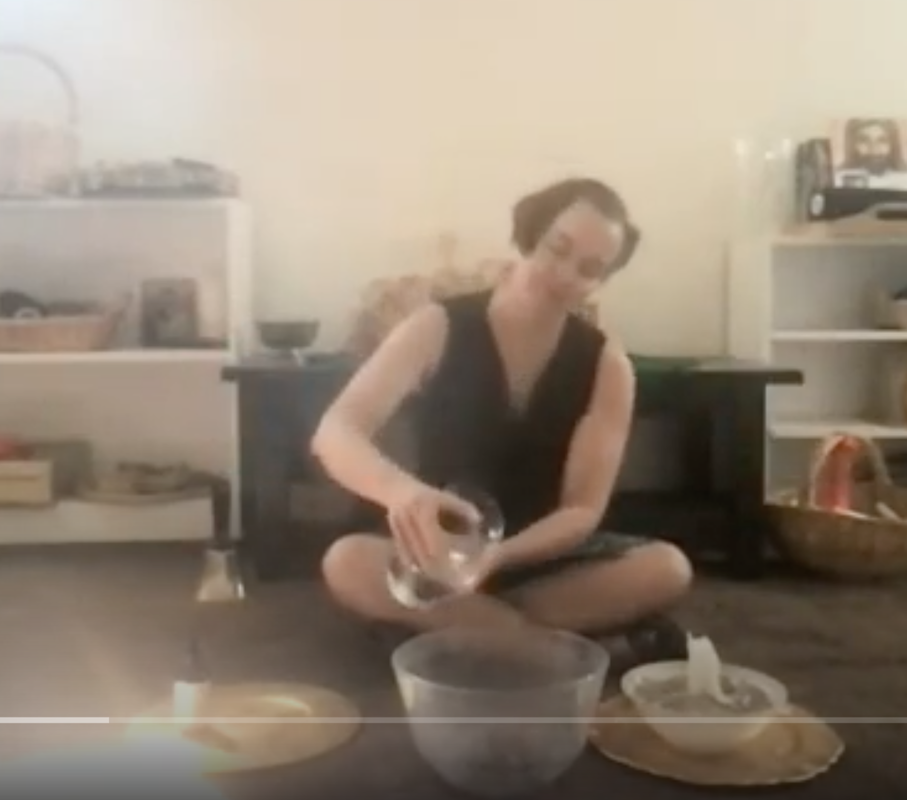
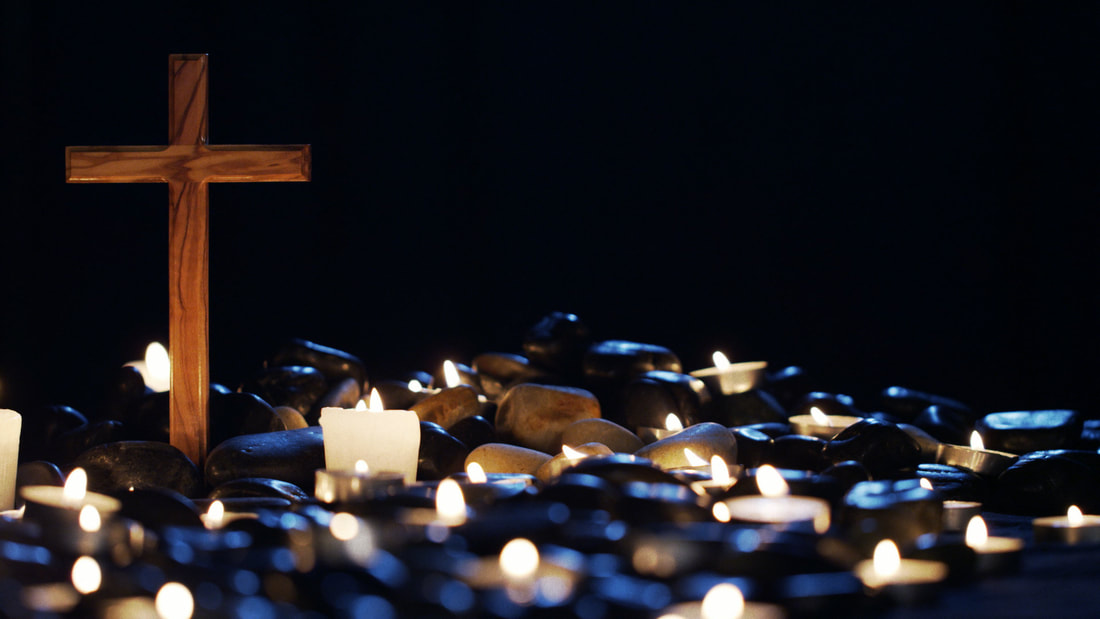


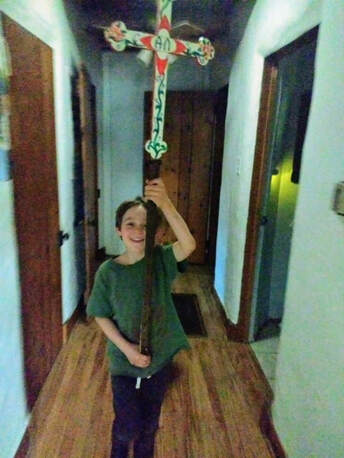
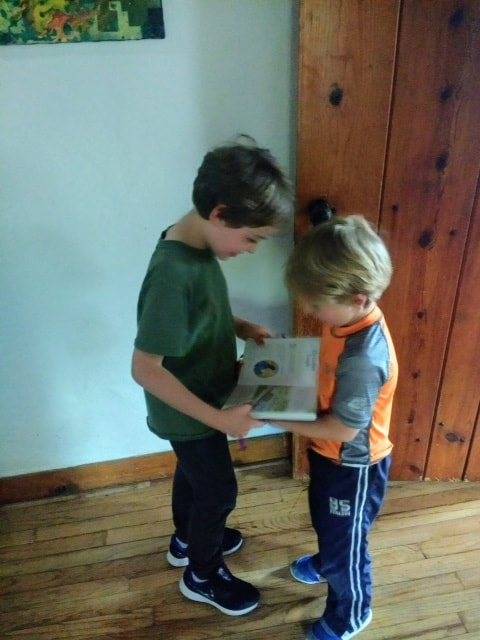
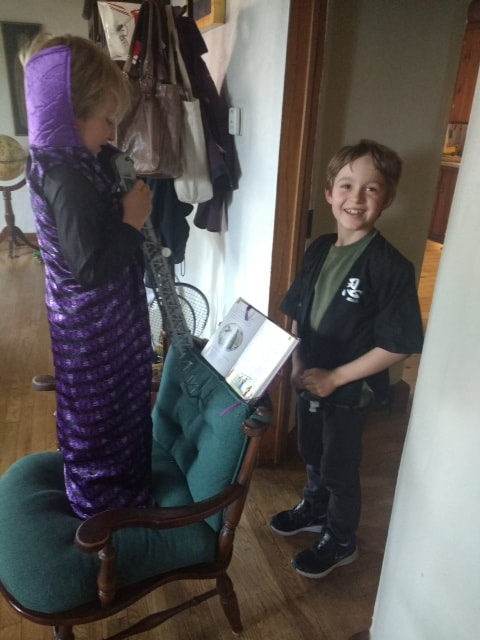
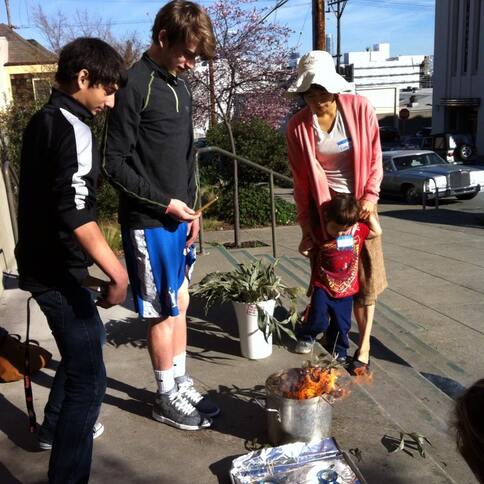
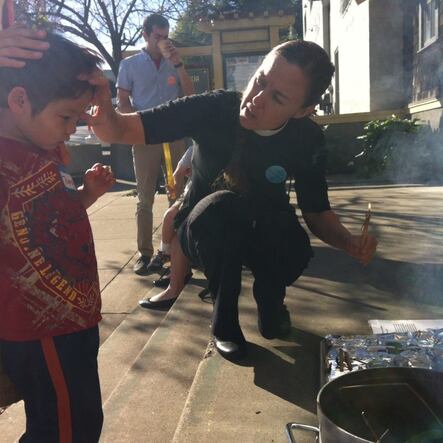
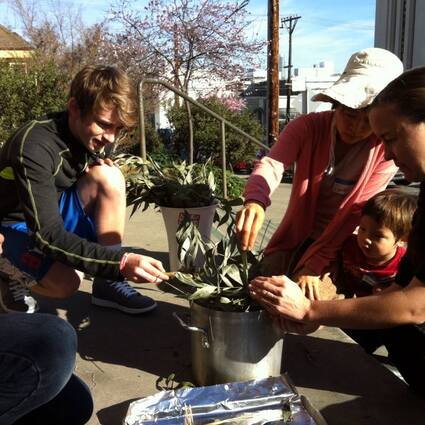



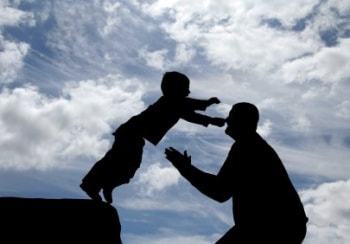
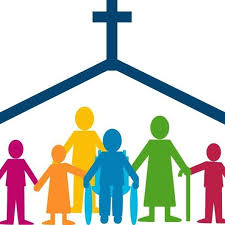
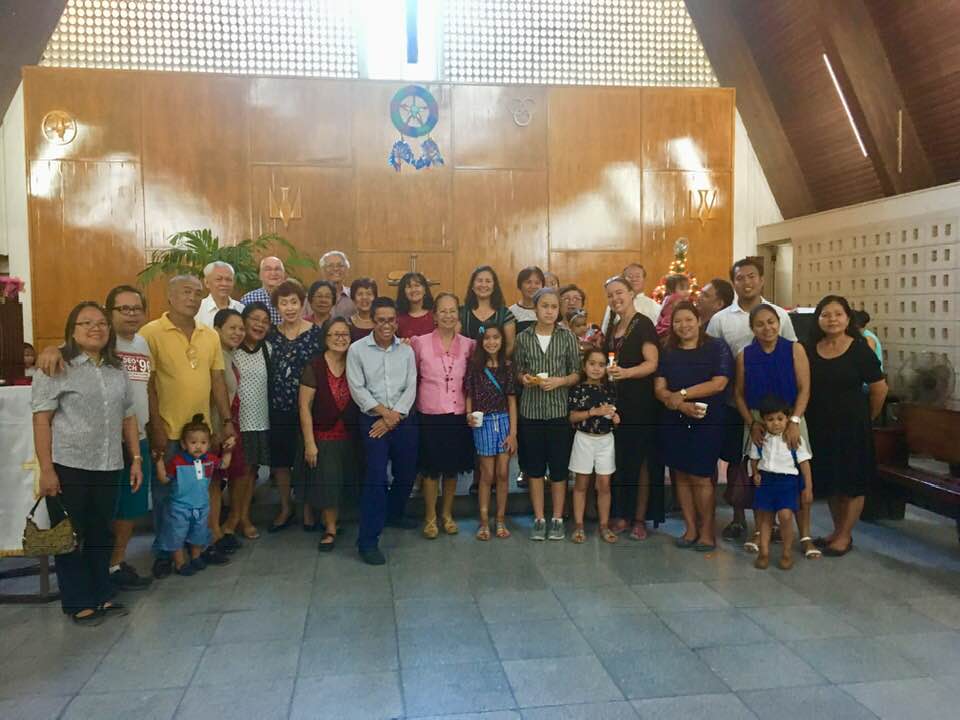

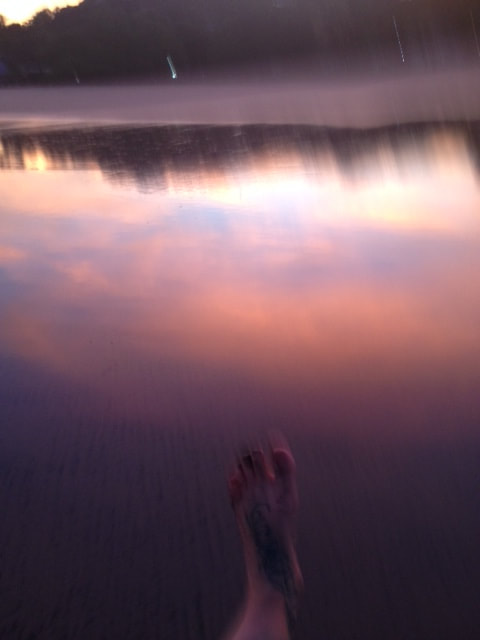

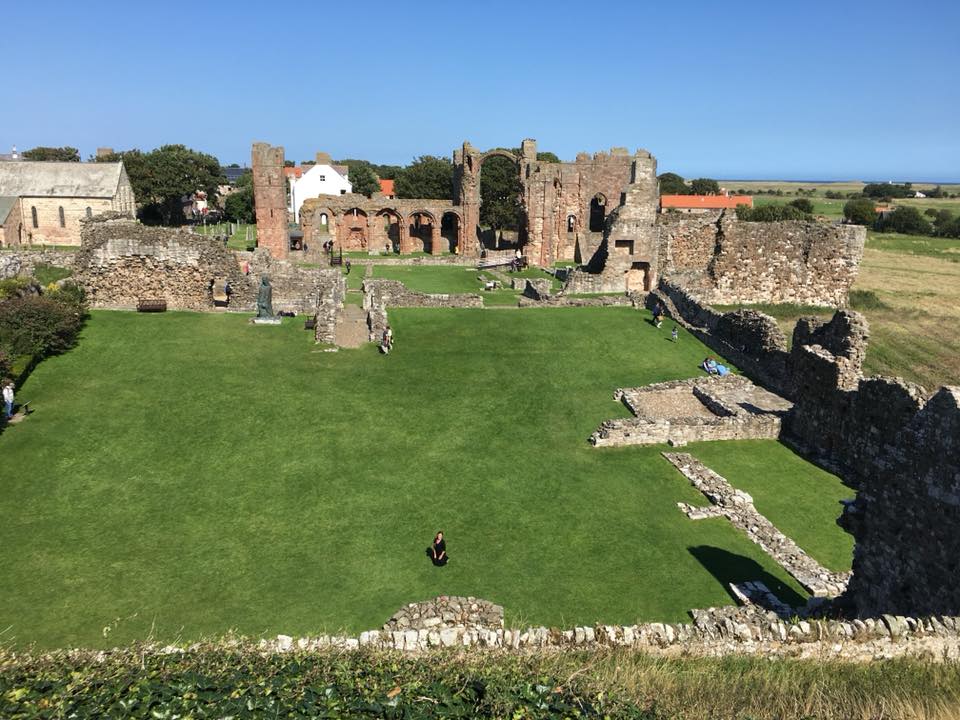
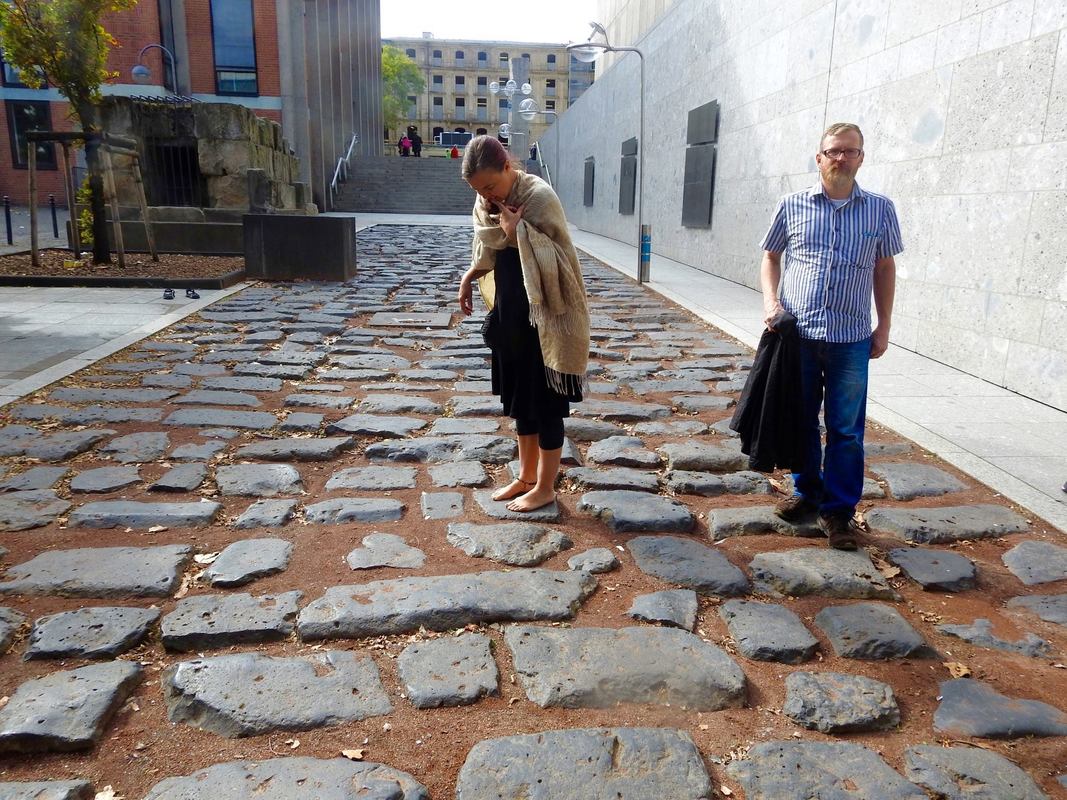
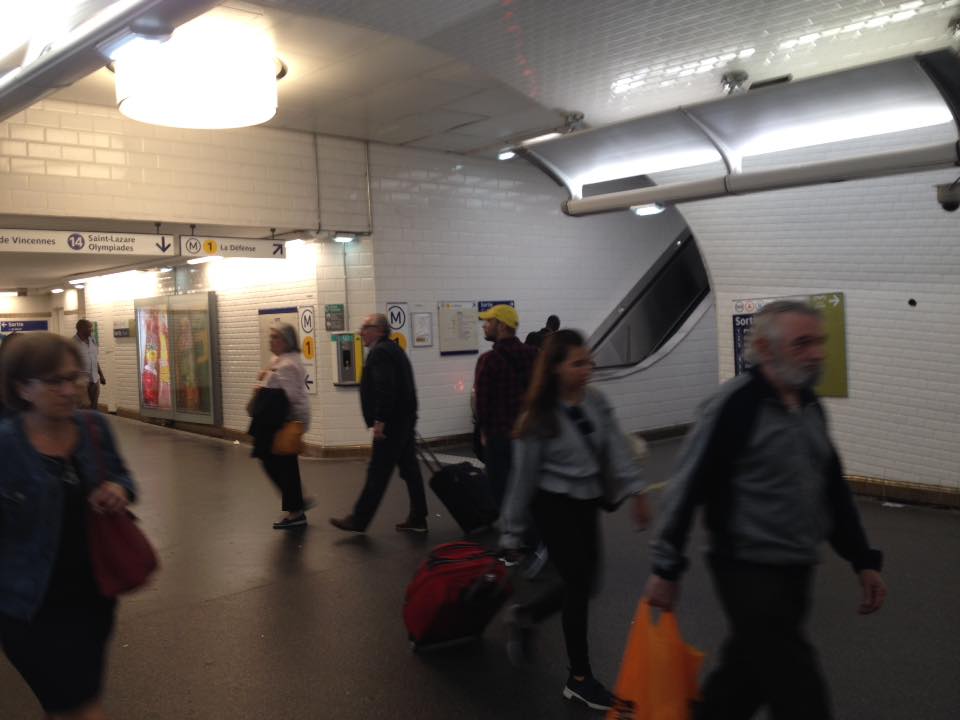
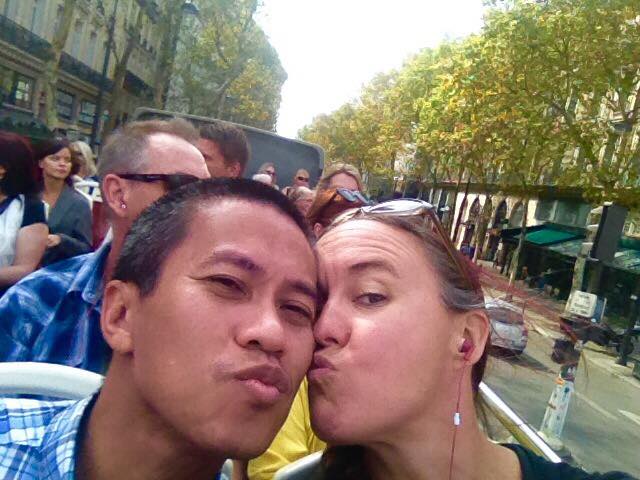
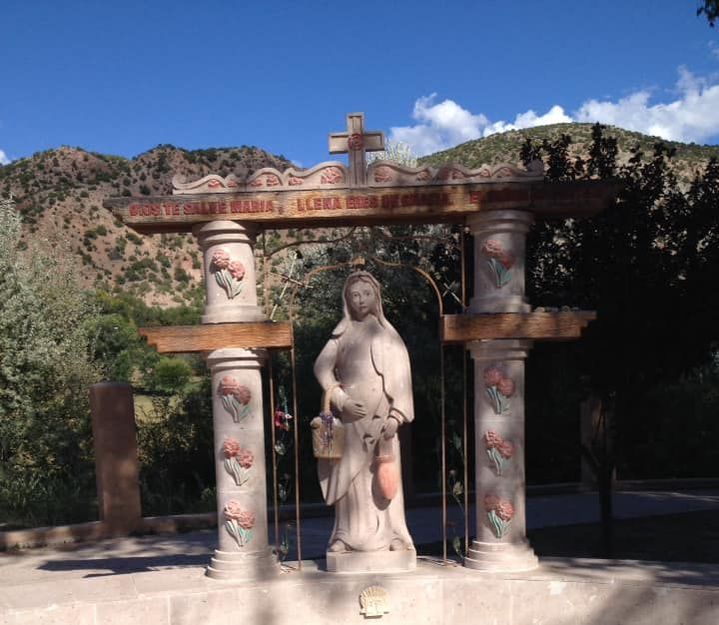
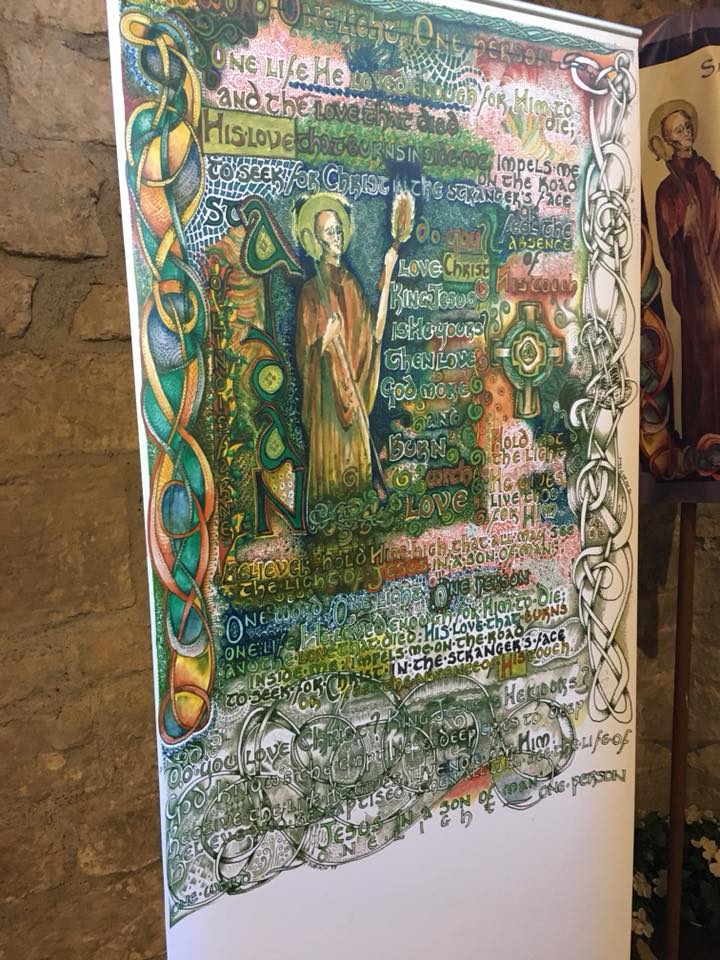
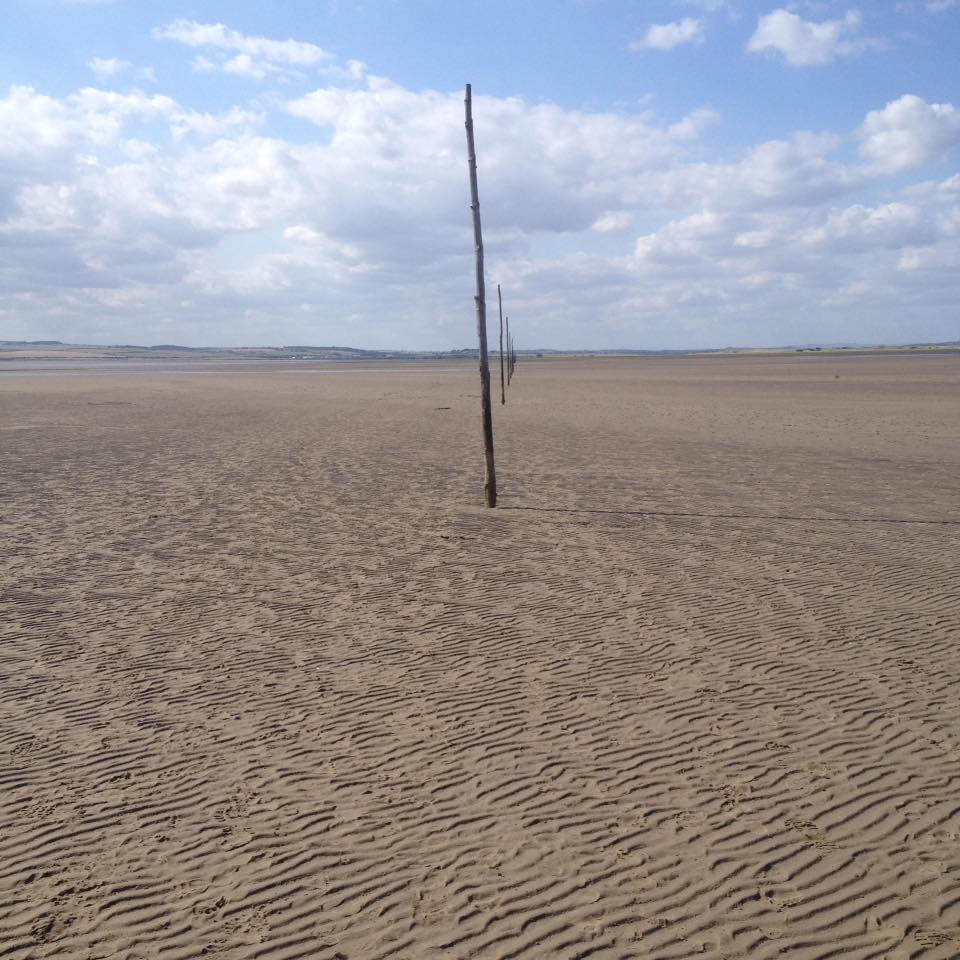
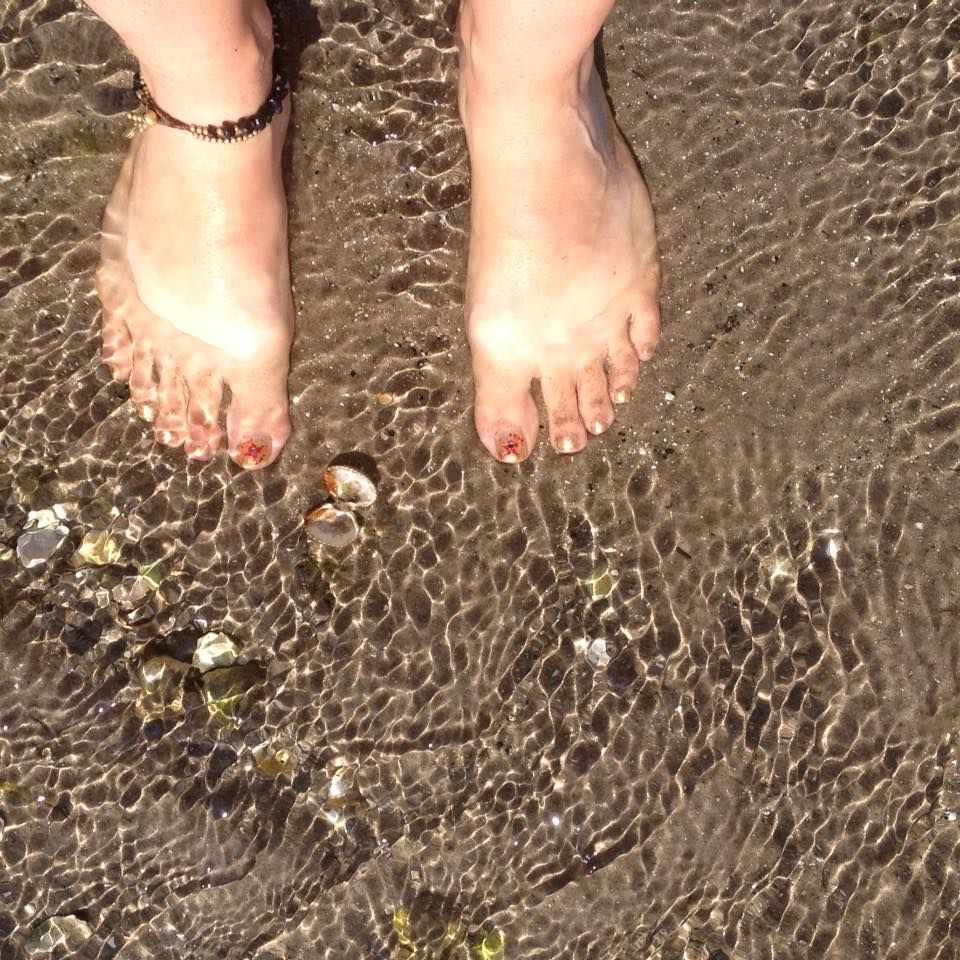
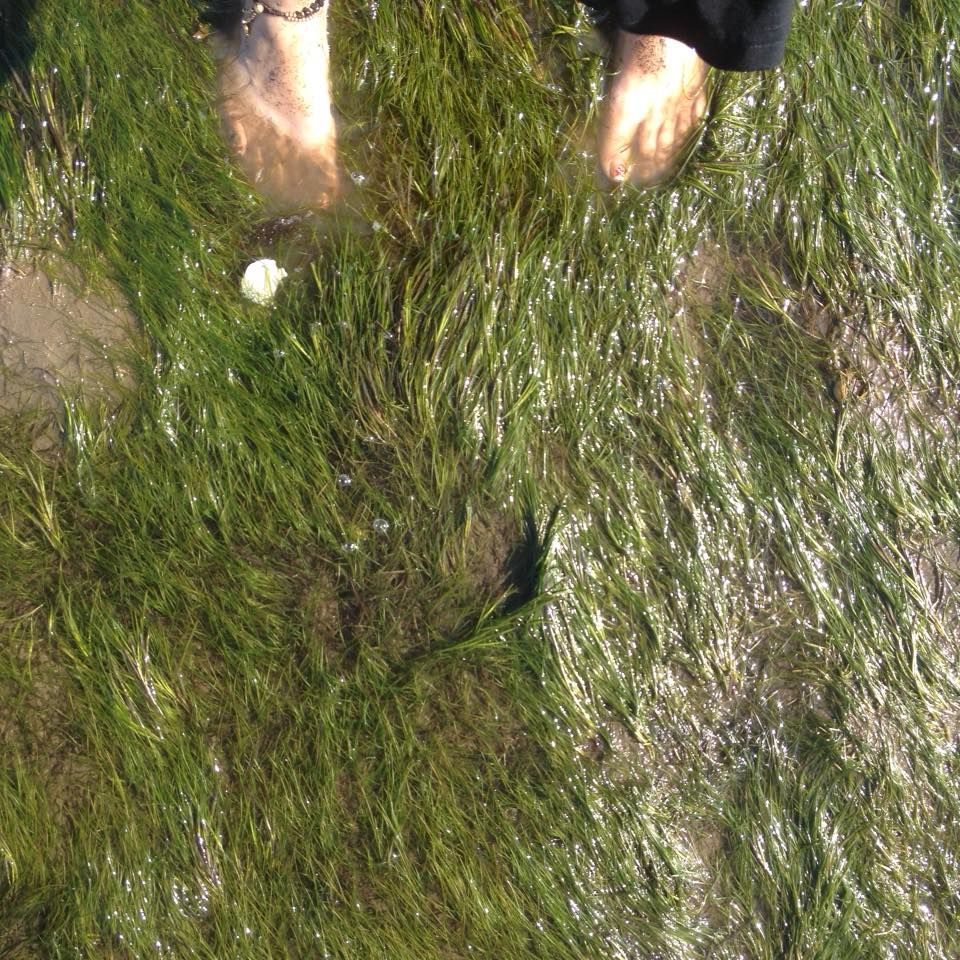
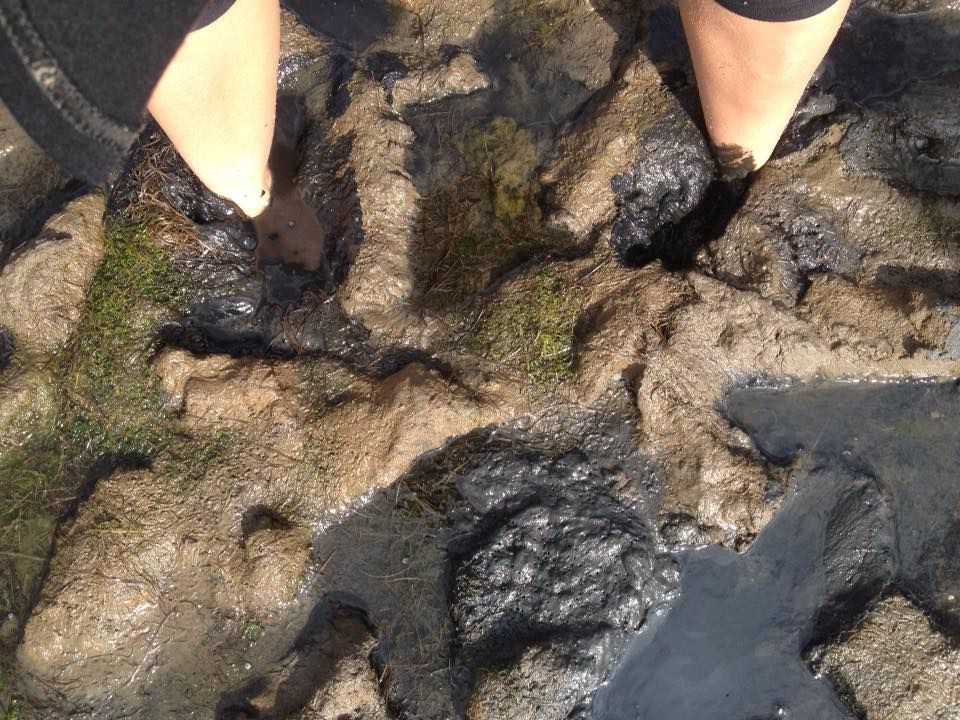
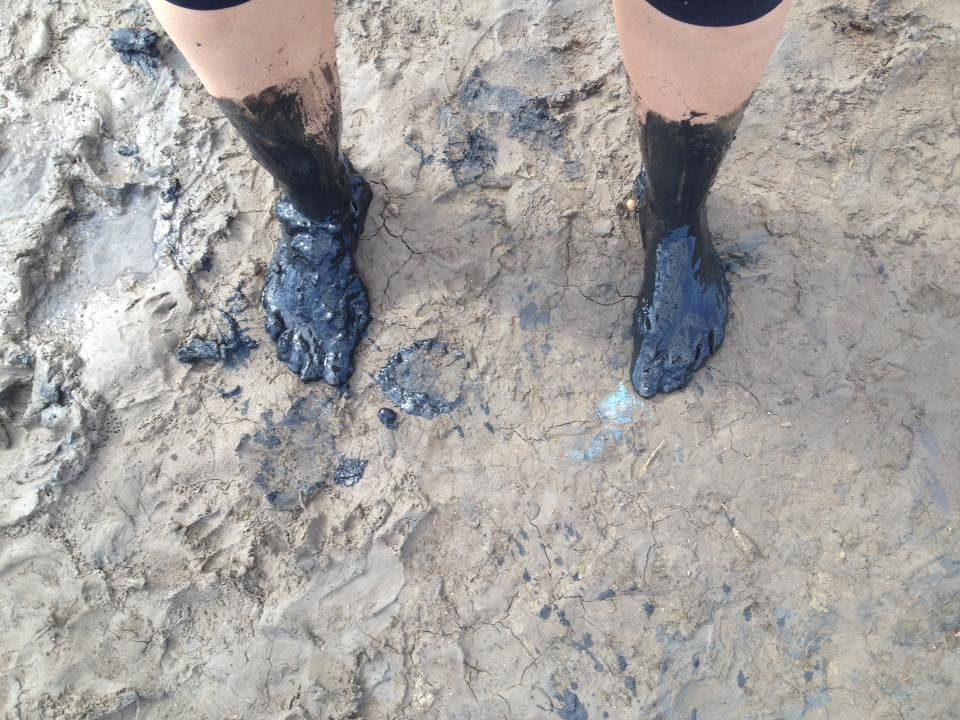
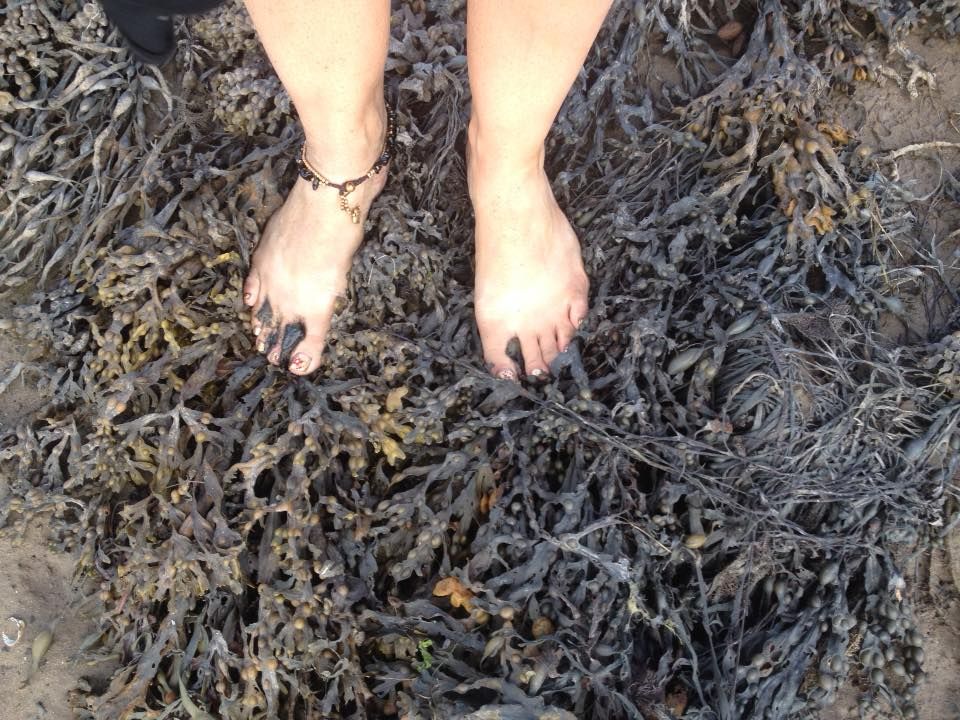
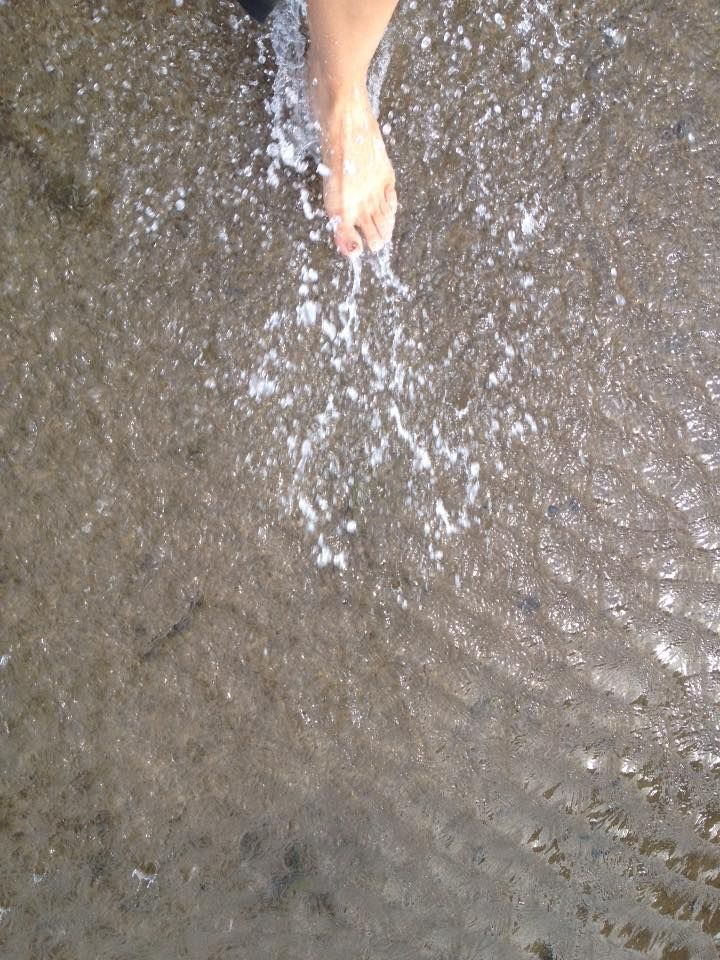
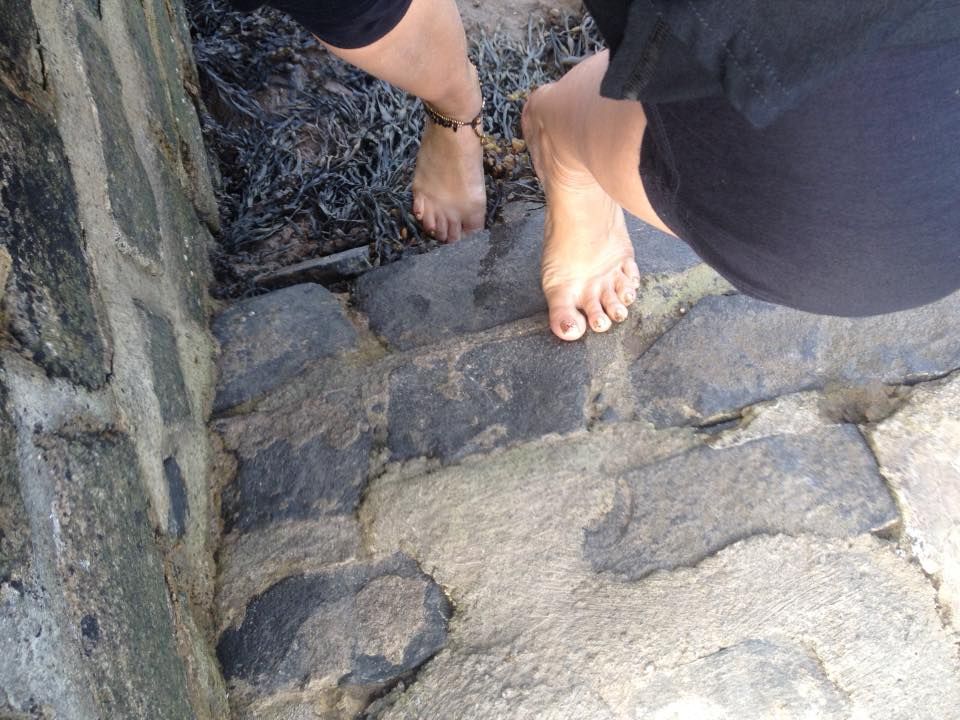
 RSS Feed
RSS Feed